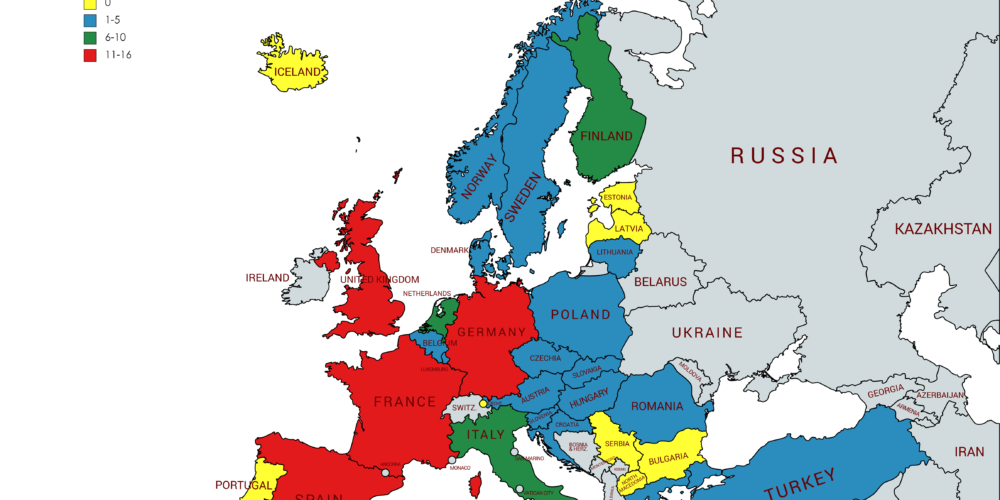
Finland launches a national smart campus programme for the network economy era
Gerry O'Sullivan
Posted: 25 February, 2021
The Smart Campus programme being launched in Finland aims to deliver 6G mobile networks in the Nordic country in the 2030s. The goal is to ensure the competitiveness of Finnish companies with the introduction of novel technologies. The programme, funded by the Academy of Finland, is launched in collaboration with eight higher education institutions.
The Smart Campus programme is a joint effort between the universities of Oulu and Tampere, Lappeenranta – Lahti University of Technology, universities of applied sciences in Oulu, Turku, Kajaani and Southeast Finland, and Centria University of Applied Sciences. The programme is coordinated by the University of Oulu, and it is linked with the Allied ICT Finland network, which is formed by 31 Finnish universities, research institutes, and city business development units, and hundreds of companies.
Smart campuses and their ecosystems are innovation engines for Finnish exports. The Smart Campus programme, which has just been launched, will serve as a new kind of platform and partnership model for innovation collaboration with SMEs, accelerating the digitalisation of society.
The programme will build on principles of open-mindedness and multidisciplinarity, combining visions of future technologies, the latest service and platform developments, and the educational offerings of higher education institutions. The Smart Campus programme will produce digital research innovations, which in turn will generate new services that offer companies the latest technology platforms, and testing and business development opportunities. In this manner, the campuses will open more direct paths from their latest research findings to global business.
From smart campuses to smart cities – building a network economy ecosystem in Finland
Smart campuses act as small cities, producing new types of solutions that widely benefit society and accelerate smart city development. Higher education institutions, together with their ecosystems, will offer high-tech environments that are unique to the development needs of future cities, combining 5G and 6G capabilities, artificial intelligence solutions, sensor technologies and information security.
“We can build an internationally unique ecosystem that aims to increase the competitiveness of higher education institutions, companies and cities,” says Professor Jaakko Sauvola, Director of the Allied ICT Finland network.
Both the responsibility areas of higher education institutions and pilots during the programme support the strengthening of industries that are important to Finland, including the construction industry, transport and logistics, shipping, the chemical industry, and the service sectors.
The construction industry pilot, which will take place during the programme, will combine game technology and artificial intelligence in a virtual modelling setting. Using the so-called digital twins approach, the administrator can control the building’s equipment in a game and can respond to the maintenance needs discovered by artificial intelligence methods. The solutions will strengthen the ability to anticipate and react, which significantly increases security and supports sustainable development.
The programme’s public transport pilot, on the other hand, will develop digital services that support flexible and accessible mobility in cities, taking into account public transport and the connections between them, including smart stops. The solutions aim to streamline urban transport, improve people’s mobility experience, and reduce emissions from private motoring.
The Smart Campus program combines the strengths of Finnish networks
The Smart Campus program is funded by the Academy of Finland and is tightly connected to the 6G Flagship program, similarly funded by the Academy of Finland, which researches and develops future wireless networks, applications, and services.
“The funding granted by the Academy of Finland shows that the smart campus concept has major national significance and it is important in the transition to a network-based digital society and economy,” says Risto Jurva.
Source: www.alphagalileo.org


